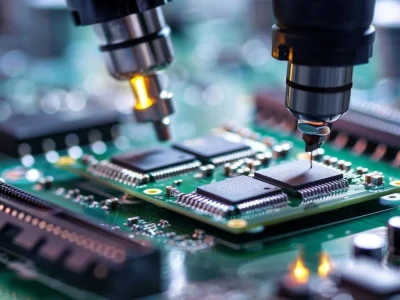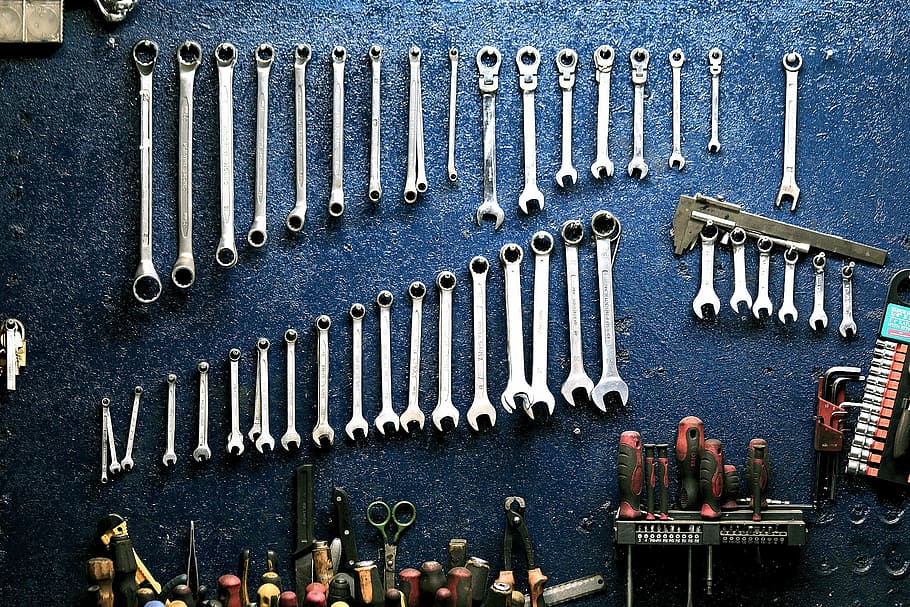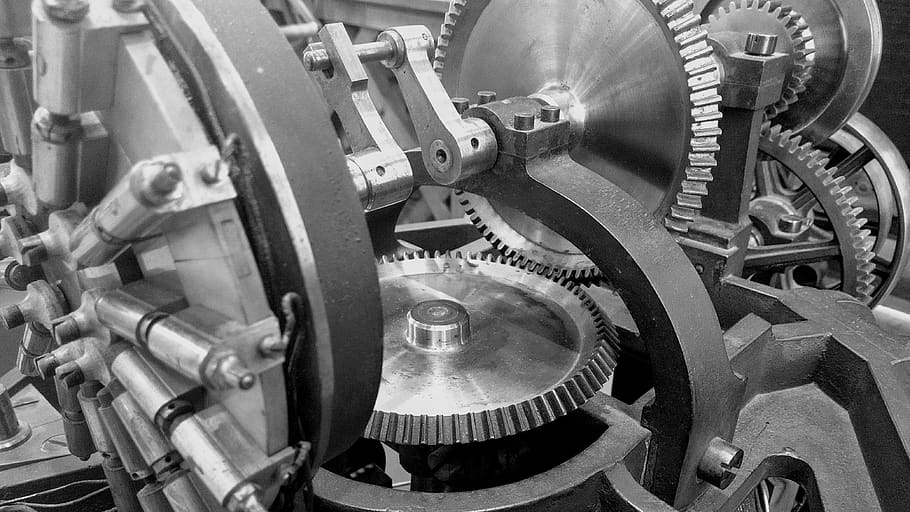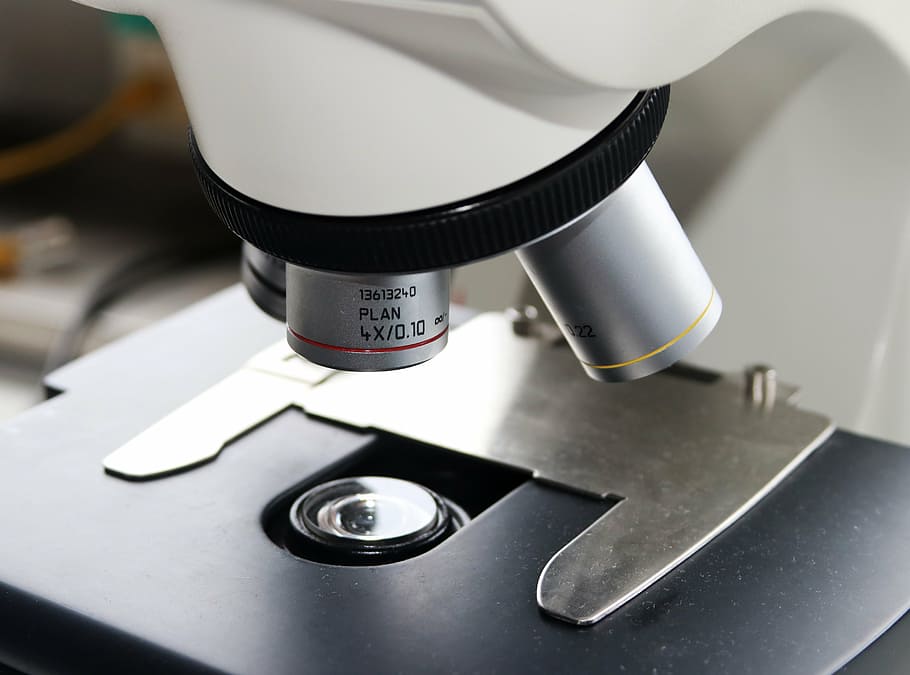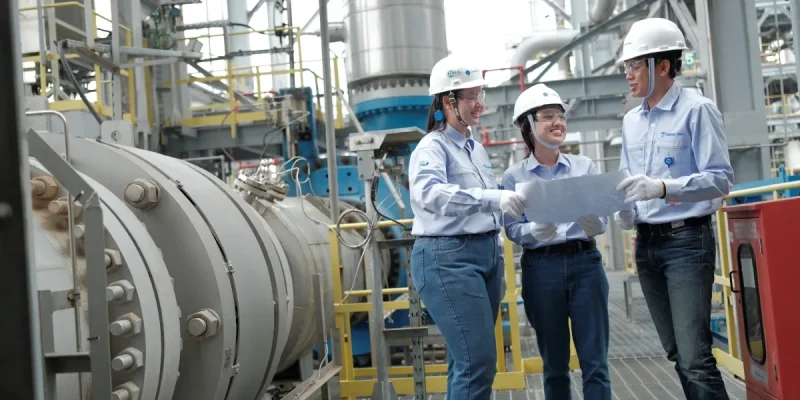
The term “industry” invokes images of vast factories, mechanized production lines, and the ceaseless hum of progress. It has long been a defining force of economic development, shaping not only economies but societies as well. The evolution of industry has gone through monumental shifts, from the advent of manual craftsmanship to the cutting-edge automation of today. These transformations have radically altered the way humans live, work, and interact with the world around them. As we stand at the threshold of a new era in industrial advancement, it’s essential to explore both the historical roots of industry and the challenges and opportunities that lie ahead.
The Birth of Industry: The Industrial Revolution
The story of modern industry begins with the Industrial Revolution in the late 18th century. Prior to this period, the majority of production was limited to small-scale, artisanal work carried out by individuals or families. Goods were crafted by hand, and the pace of production was constrained by the availability of skilled labor and natural resources. While this system allowed for the creation of quality goods, it was fundamentally inefficient and unable to meet the rising demand for products.
The Industrial Revolution marked a seismic shift. The invention of the steam engine by James Watt and the mechanization of textile production with the spinning jenny, among other innovations, ushered in an age of mass production. These technological breakthroughs allowed goods to be produced more quickly, more affordably, and in larger quantities. Factories, powered by steam engines, became the centers of industrial activity, pulling workers from rural areas into newly formed urban centers. The economic structure of entire nations began to change as agriculture gave way to industry, and new industries, such as textiles, iron, and coal mining, took center stage.
However, the rapid industrialization brought with it a host of social and environmental challenges. Factory work was often grueling and dangerous, with long hours, low pay, and unsafe working conditions. The influx of people into cities led to overcrowding, poor sanitation, and public health crises. The environmental impact of industrial activity also began to be felt, with pollution and resource depletion becoming pressing issues. Despite these challenges, the Industrial Revolution laid the foundation for the modern economic systems we rely on today.
The Age of Mass Production: The 20th Century and Beyond
By the time the 20th century dawned, industrialization had become synonymous with mass production. The introduction of assembly lines, most notably in the automotive industry by Henry Ford, allowed for the production of goods on a scale never before imagined. The assembly line not only improved efficiency but also brought down the cost of manufacturing, making products more affordable for consumers and opening up new markets.
During this period, industries grew larger and more complex. The automobile, steel, and oil industries became titans of the global economy, and the influence of multinational corporations began to be felt worldwide. The era also saw the rise of consumerism as more and more people gained access to mass-produced goods, from automobiles to household appliances. The standard of living for many improved dramatically, as industrial progress fueled economic growth, created jobs, and enabled an expanding middle class.
However, this age of industrial expansion also came with its own set of consequences. The drive for efficiency and profit often came at the expense of workers’ rights and environmental health. Labor strikes became common as workers fought for better wages, safer conditions, and more reasonable working hours. Meanwhile, the environmental costs of mass production, such as air and water pollution, began to compound. The legacy of unchecked industrial expansion would soon become a central concern of the latter half of the 20th century.
Globalization and the Digital Revolution: The Shift Toward a Knowledge Economy
As the 20th century came to a close, another profound shift began to take place: the digital revolution. The rapid advancement of computers, the internet, and digital technologies fundamentally changed the way industries operated. Traditional manufacturing methods were increasingly supplemented, and in some cases, replaced, by digital technologies that allowed for faster, more flexible production. Automation, robotics, and data-driven decision-making became integral components of industrial operations.
The digital revolution also fueled the rise of globalization. Advancements in transportation, communication, and logistics allowed companies to move production facilities to lower-cost countries, while consumers gained access to a global marketplace. The world became more interconnected than ever before, and industries found themselves operating in an increasingly complex web of global supply chains. While this opened up new opportunities, it also created new challenges, particularly in terms of labor rights, environmental responsibility, and economic inequality.
The rise of information technology and digital platforms also marked the decline of traditional manufacturing in many developed economies, particularly in the West. As industries embraced automation and artificial intelligence, the demand for human labor in factories diminished. In its place, a knowledge-based economy began to emerge, where services, finance, and technology became the dominant industries. While this shift led to increased productivity, it also raised questions about the future of work and the displacement of workers whose jobs had been automated or outsourced.
The Call for Sustainability: Rethinking the Industrial Future
Today, industry stands at a crossroads. The advancements of the past two centuries have undoubtedly transformed the world, but they have also introduced pressing challenges. The environmental impact of industrialization, particularly in the context of climate change, is perhaps the most urgent concern. From the carbon emissions of factories to the depletion of natural resources, traditional industrial practices are increasingly seen as unsustainable. The environmental toll is not just a question of ethics; it is also an economic one. The cost of environmental degradation is rising, and businesses that fail to adopt sustainable practices risk both reputational damage and financial instability.
In response to these challenges, a new model of industrial practice is beginning to take shape—one that emphasizes sustainability, resource efficiency, and social responsibility. The rise of renewable energy technologies, such as solar and wind power, is helping industries transition away from fossil fuels. Additionally, the circular economy—a model in which products are designed for reuse, repair, and recycling—is gaining traction. Industries are increasingly being called upon to rethink the entire lifecycle of their products, from design and production to disposal and recycling.
Moreover, corporate social responsibility (CSR) has become a cornerstone of modern industry. Companies are no longer judged solely on their financial performance but also on their impact on society and the environment. Consumers, investors, and governments are increasingly prioritizing companies that demonstrate a commitment to ethical practices, sustainability, and transparency. This shift is prompting industries to adopt greener practices, reduce waste, and mitigate their environmental footprint.
The Future of Industry: Innovation and Ethics
Looking toward the future, industry is poised to undergo even more dramatic changes. The next wave of industrial advancement will likely be driven by artificial intelligence, biotechnology, and advanced materials. Innovations such as 3D printing, smart factories, and the Internet of Things (IoT) promise to further revolutionize production methods. Automation and robotics will continue to reshape the workforce, with machines performing tasks that were once the domain of humans. However, as this transformation unfolds, it will be crucial to address the ethical implications of these technologies.
The future of industry must not be solely defined by efficiency and innovation but by a commitment to creating a more equitable and sustainable world. As automation replaces human labor in many sectors, there is a pressing need to redefine the concept of work and ensure that displaced workers have access to new opportunities and retraining. Furthermore, industries must work in tandem with governments, communities, and environmental organizations to mitigate the negative effects of industrialization and ensure that growth is balanced with ecological stewardship.
Conclusion: A New Industrial Revolution
The history of industry is one of progress, transformation, and adaptation. From the steam-powered factories of the 18th century to the digital factories of today, industry has reshaped our world in profound ways. As we move forward, the industry will continue to evolve, driven by technological advancements and a growing commitment to sustainability. The future of industry lies not only in its ability to innovate but in its capacity to address the ethical, social, and environmental challenges that have arisen over the centuries. In this new era of industrial revolution, the aim must be not just to increase productivity but to create an industry that serves humanity as a whole—one that is responsible, sustainable, and truly inclusive.

